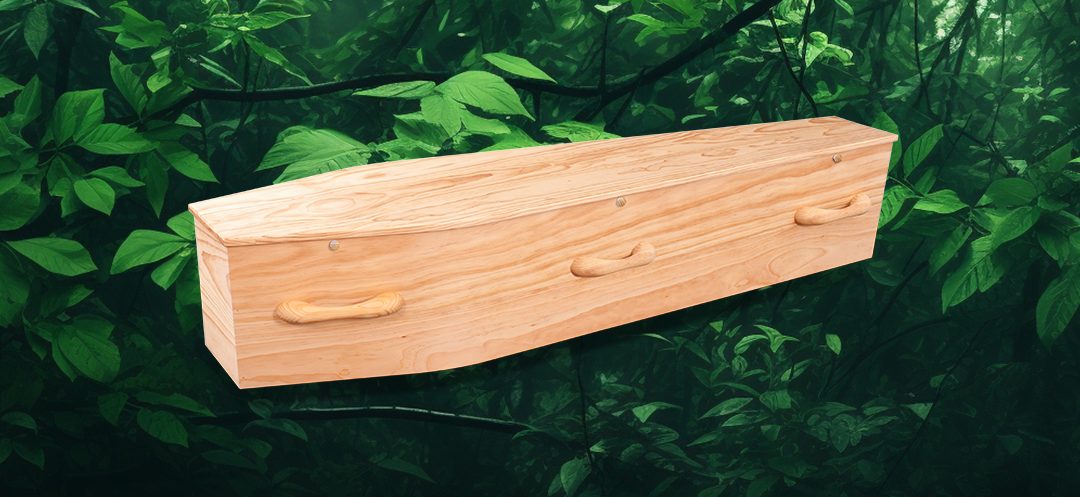As our society becomes increasingly aware of the environmental impact of our actions, it’s no surprise that people are looking for eco-friendly alternatives to traditional funeral practices. One such alternative that has gained popularity in recent years is the eco coffin.
An eco coffin is a biodegradable coffin made from natural materials such as bamboo, willow, wicker, or even recycled paper. These coffins are designed to decompose quickly and return to the earth, rather than taking up space in a cemetery or polluting the environment with toxic chemicals.

One of the most significant benefits of eco coffins is their environmental sustainability. Traditional coffins are often made of materials that take years to decompose, such as hardwoods, metals, and synthetic materials. As a result, they can contribute to environmental degradation and take up space in landfills. Eco coffins, on the other hand, are made of materials that break down quickly and naturally, leaving behind no lasting impact on the environment.
In addition to their environmental benefits, eco coffins can also provide comfort to families who are grieving the loss of a loved one. Knowing that their loved one’s final resting place is a natural, beautiful setting can be a source of comfort during a difficult time. Eco coffins are often adorned with natural decorations, such as flowers, leaves, or other organic materials, which can add to the beauty of the funeral service.
One concern that some people may have about eco coffins is their cost. It’s true that eco coffins can sometimes be more expensive than traditional coffins, depending on the materials and design. However, it’s important to remember that the cost of a funeral is determined by a variety of factors, such as the location, the funeral home, and the services provided. By choosing an eco coffin, families can help offset the cost by reducing other expenses, such as embalming or expensive funeral services.

Another concern is that eco coffins may not be suitable for all religious or cultural traditions. Some religions require specific burial practices, which may not align with the use of an eco coffin. However, many religious organizations are beginning to recognize the importance of environmental sustainability and are working to incorporate eco-friendly options into their funeral practices.
In conclusion, eco coffins are a sustainable, beautiful alternative to traditional coffins that can provide comfort to families during a difficult time. While they may not be suitable for everyone, they offer an opportunity for those who are concerned about the environment to make a positive impact on the planet even after they’ve passed away. As we continue to strive for a more sustainable future, eco coffins offer one small but meaningful way to make a difference.

